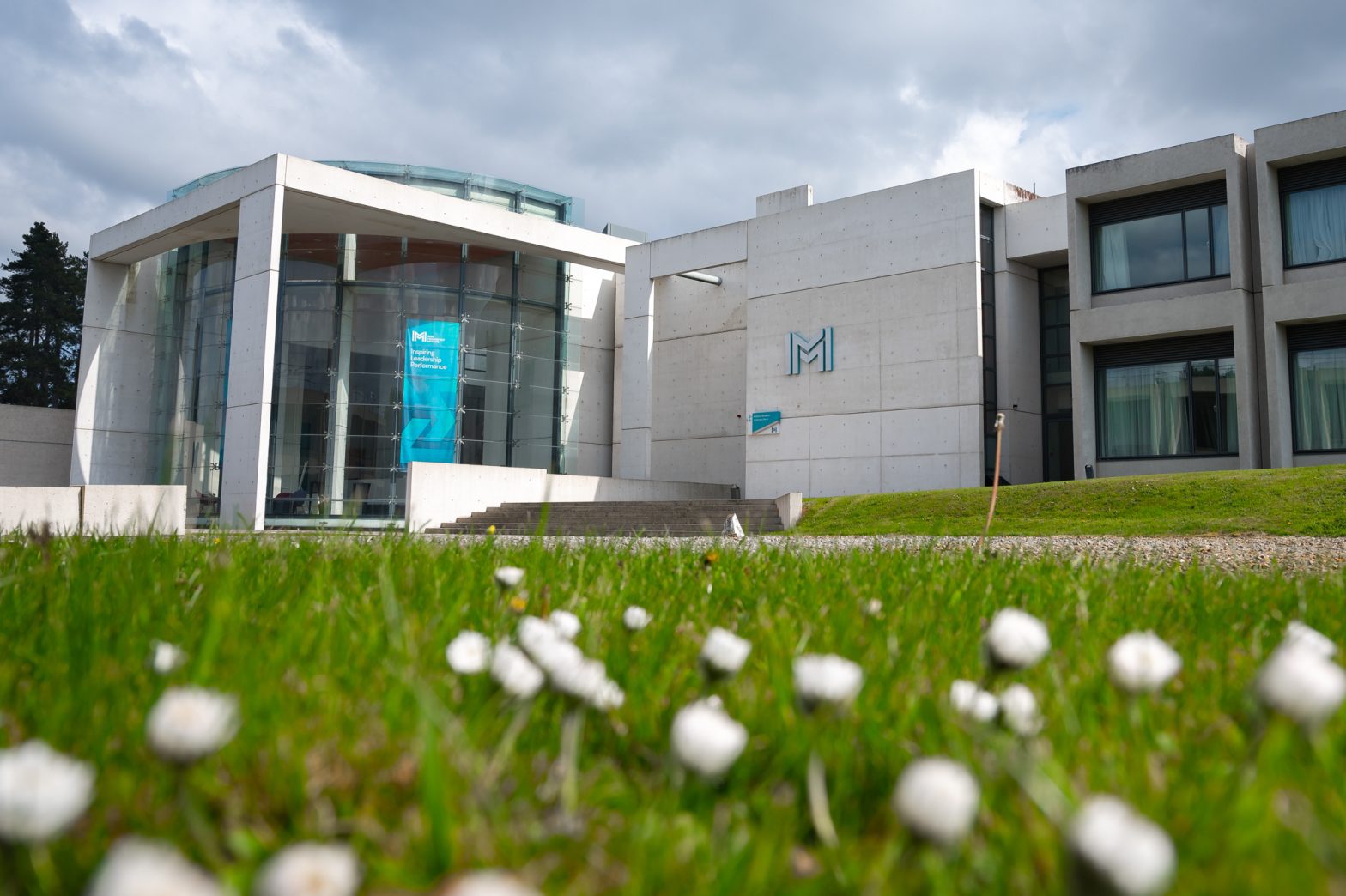Unlocking Potential: How Organisational and Personal Coaching Drives Performance
By IMI | 30th October 2024
In the dynamic and competitive world of business, achieving and maintaining high levels of performance is paramount for organisations seeking success. To unlock the full potential of both individuals and teams, the power of coaching techniques cannot be underestimated. Organisational and personal coaching have emerged as transformative tools that not only boost performance but also foster a culture of growth and success.
One of the key pillars of organisational coaching lies in identifying clear goals and a compelling vision for the future. An adept coach collaborates closely with the leadership team to chart a clear roadmap that resonates with every member of the organisation. This alignment ensures that each individual understands their role in contributing to the collective vision, instilling a sense of purpose and motivation within the workforce.
A coaching culture is the backbone of organisational success. By fostering open communication, continuous learning, and constructive feedback, businesses can cultivate a workplace environment that encourages growth and development. Leaders play a pivotal role in driving this culture by providing training for managers and employees, promoting a growth mindset, and acknowledging and rewarding coaching efforts.
Coaching techniques extend their influence to team dynamics, promoting collaboration and harmonious relationships among team members. Skilled coaches facilitate team sessions, helping individuals understand each other’s strengths and weaknesses. This understanding fosters a cohesive and supportive environment where high-performing teams thrive, displaying improved communication, mutual trust, and a shared determination to achieve common goals.
Performance assessment and improvement form another critical aspect of organisational coaching. Through regular feedback sessions and performance reviews, employees gain insights into their strengths and areas for improvement. Armed with this knowledge, they can develop tailored action plans to enhance their skills and capabilities, contributing to their personal growth as well as the organisation’s overall success.
Coaching for Personal Performance
By use coaching techniques, individuals unlock the potential for extraordinary personal and professional growth. The journey towards coaching can lead to a powerful mindset that drives performance and empowers individuals to reach new heights.
As individuals embark on this transformative path, they discover the importance of setting clear and achievable goals. With a vision in mind, they chart paths towards their aspirations, igniting a sense of purpose and motivation within themselves. As they progress, they delve into the depths of self-awareness, gaining insights into their strengths, weaknesses, values, and beliefs. Armed with this understanding, they are able to make decisions that resonate with their true passions and ambitions.
Along the way, individuals encounter challenges that test their resolve. Coaching techniques allow individuals to confront limiting beliefs and reframe negative thoughts. With newfound resilience, they face setbacks head-on, viewing them as stepping stones to growth and success. Continuous learning becomes a cornerstone of their development. They eagerly seek out training programs, workshops, and resources to sharpen their skills and stay ahead in an ever-evolving world.
Through their coaching, individuals witness firsthand the transformative effect on others’ growth and performance. With a tailored approach, they help individuals create actionable development plans and accountability mechanisms, guiding them towards achieving their goals and reaching new heights.
Acting as coaches for other team members, trained staff can contribute to the creation of a coaching culture within teams or organisations. By modelling coaching behaviours and encouraging others to adopt coaching principles, they foster a collaborative and supportive atmosphere. The culture of coaching nurtures a community of continuous learners and high achievers, where individuals thrive and organisations flourish.
Coaching for personal and organisational performance is not just a series of steps; it is a journey of self-discovery, empowerment, and transformation. Embodying a coaching mindset opens up a world of possibilities. Through goal setting, self-awareness, resilience, continuous learning, empowerment, and support, individuals propel themselves and those around them towards excellence and fulfilment. As they embrace the role of coaches, they become catalysts for positive change, inspiring others to unleash their full potential and embrace a future defined by success and growth.
The Professional Diploma in Executive Coaching combines the most effective coaching techniques with a thorough grounding in modern organisational realities.
FAQ
How does organisational coaching improve team performance and foster a culture of growth?
Organisational coaching enhances team performance by aligning individual roles with the company’s overall goals, fostering collaboration, and promoting a workplace environment that supports open communication, continuous learning, and constructive feedback.
What benefits does personal coaching bring to individual performance and self-awareness?
Personal coaching enables individuals to set clear, achievable goals, build self-awareness, and confront limiting beliefs. This process helps them overcome obstacles, develop resilience, and remain committed to personal and professional growth.
How can a coaching mindset impact organisational success and employee motivation?
A coaching mindset in organisations encourages employee motivation by fostering a supportive, collaborative atmosphere. This approach helps leaders and team members alike adopt continuous improvement practices, enhancing both individual performance and collective success.



